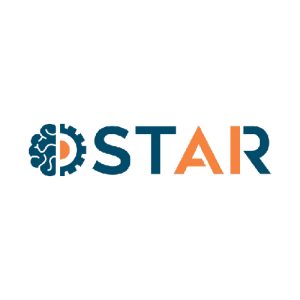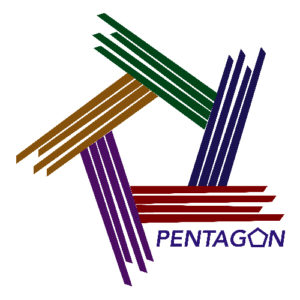
Mario
Managing active and healthy aging with use of caring service robots.
MARIO addresses the difficult challenges of loneliness, isolation and dementia in older persons through innovative and multi-faceted inventions delivered by service robots. The effects of these conditions are severe and life-limiting. They burden individuals and societal support systems. Human intervention is costly but the severity can be prevented and/or mitigated by simple changes in self-perception and brain stimulation mediated by robots.
Motivation & Impact
Role of R2M
Motivation & Impact
Europe has the highest prevalence of dementia in the world; seven million people are currently affected and this is projected to increase to 13.4 million by 2050. Across EU countries, participation of people with dementia in family and civic life is diminished by cultures of exclusion and stigmatisation. There is growing awareness within Europe about the importance of empowering the person with dementia (PWD) within communities to promote social inclusion, enhance personhood and build resilience. Dementia is characterised by impaired mental functioning, language and thinking. These impairments are often accompanied by personality, functional and behavioural changes. Current health care strategies are insufficient to cope with this epidemic and the reality is that dementia care is under?prioritised and neglected. Exclusionary attitudes towards PWD have led them to be seen as incapable, without personhood resulting in isolation, stigma and poor care outcomes. ICT solutions can be used to increase psychological skills like resilience. There is also important new research in the use of robots to deliver ICT solutions and to act as companions (combatting perception of loneliness) via a novel user?centred concept called “Mutual Care” which provides the possibility for the human to “take care” of the robot like a partner. In this way, real feelings and affections are created making it easier to accept assistance from a robot when ? in certain situations ? in return the human can also support the machine. Moreover, ICT solutions are increasingly pervasive in a holistic and comprehensive approach that benefits not only patients/end users but caregivers and medical staff. One such approach targeted in MARIO is the Comprehensive Geriatric Assessment (CGA) which targets the evaluation of the patients, the improvement of the communication inside the team who is in charge of the care, and to manage and check rehabilitation plans. Used effectively, the CGA approach can improve dramatically diagnostic accuracy, optimize medical treatment and health outcomes, improve function and quality of life, reduce use of unnecessary formal services, and institute or improve long?term care management. MARIO addresses the difficult challenges of loneliness and isolation in older persons living with dementia through innovative and multi-faceted inventions delivered by service robots. Building upon the Kompai robotic platform, the project develops new functionalities, assessment approaches and interaction capabilities for this platform. The goal is to improve the quality of life, quality of care and safe independent time at home, nursing home and during hospitalization for aging individuals living with dementia.
Role of R2M
The main role of R2M into the MARIO project is represented by leading the activities in WP8 as Pilot Manager, planning and coordinating all the aspects of pilot activities ensuring best practices are shared between pilot sites, problems are solved efficiently, dedicated assistance occurs across the three pilots simultaneously and tests are performed efficiently with linkage to the European Innovation Partnership on Active and Healthy Aging (EIP on AHA). Also, R2M leads the exploitation activities in WP9, thanks to its experience in business models, and market analysis. Best strategies will be applied to close the gap between research and market implementation, focusing on the commercialization of the complete robotic platform in the near future after the project ends.Last but not least, R2M takes part in software development activities, working on natural language interaction and the implementation of the CGA application.












































